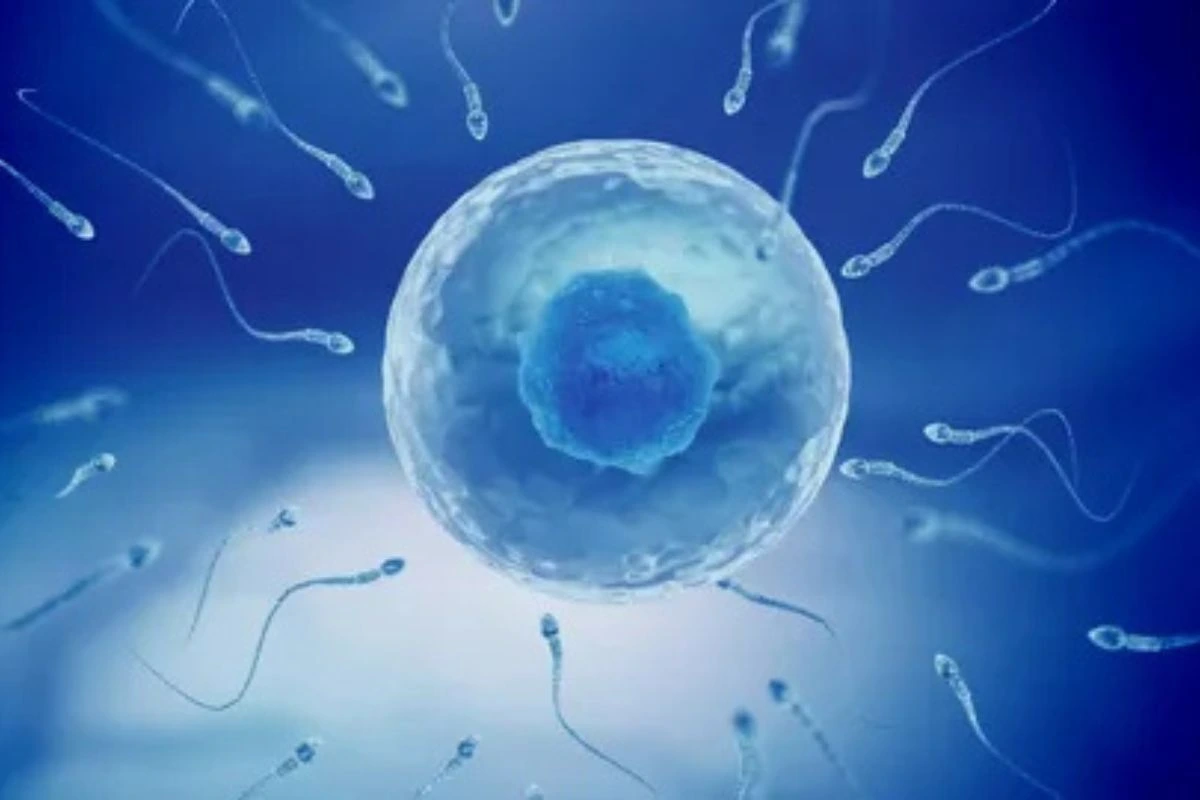What Happens After IUI Treatment: From Procedure to Pregnancy

You've taken a meaningful step toward parenthood by choosing intrauterine insemination (IUI), a treatment filled with hope and anticipation. One of the most frequently asked questions during this journey is, What Happens After IUI Treatment? The days following the procedure, especially the emotional "two-week wait," can be filled with mixed feelings of optimism and anxiety.
For those searching for the Best IUI Treatment in Nairobi, understanding this crucial phase is key. In this guide, we’ll explore What Happens After IUI Treatment, including what you might feel physically, how to manage emotions, and what to expect next. With expert guidance and compassionate care from Fertility Point, you are never alone on this journey to becoming a parent.
The Immediate Aftermath: What Happens After IUI Treatment?
The IUI procedure is simple and quick. Using a flexible catheter, a prepared sperm sample is inserted directly into the uterus. It is usually painless, with only slight discomfort similar to a Pap smear. After the procedure, you'll likely rest for 10–15 minutes before resuming your normal activities.
Common experiences in the first few days include:
(i) Mild Cramping: Caused by the catheter or mild uterine contractions.
(ii) Spotting or Discharge: Light spotting may occur due to cervical irritation.
(iii) Bloating or Tenderness: Especially if ovulation was medically stimulated.
These symptoms are generally caused by the procedure or medications and do not indicate whether the treatment was successful. For the first 24–48 hours, avoid strenuous activity and listen to your body.
The Two-Week Wait: Navigating the Emotional Rollercoaster
The two-week wait (TWW) is often the most emotionally taxing part of the process. This 10–14 day period between IUI and your pregnancy test is full of anticipation. It's natural to constantly wonder, What Happens After IUI Treatment, and analyze every feeling or symptom.
Here’s what may be happening biologically:
(i) Day 0: Sperm is introduced; ovulation occurs.
(ii) Days 1–2: Fertilization may happen in the fallopian tube.
(iii) Days 3–5: The embryo moves toward the uterus.
(iv) Days 6–10: Implantation in the uterine lining occurs.
(v) Days 10–14: The body begins producing hCG, the pregnancy hormone.
Symptoms During the Two-Week Wait
Many early pregnancy symptoms overlap with PMS or medication side effects. Here’s what you might experience:
(i) Implantation Bleeding: Light spotting 6–12 days after IUI.
(ii) Mild Cramping: Often similar to menstrual cramps.
(iii) Breast Tenderness: Caused by hormonal changes.
(iv) Fatigue: Can result from rising progesterone or emotional stress.
(v) Nausea: May occur, though usually later in pregnancy.
(vi) Increased Urination: Due to hormonal changes.
(vii) Food Aversions/Cravings: Common early pregnancy signs.
Managing the Emotional Rollercoaster
Coping with the TWW requires intentional self-care and emotional support. Here are some tips:
(i) Stay Busy: Engage in relaxing activities to distract yourself.
(ii) Avoid Overanalyzing: Symptoms aren’t always reliable indicators.
(iii) Seek Support: Talk to friends, partners, or fertility counselors.
(iv) Practice Self-Care: Eat well, rest, and do light activities.
(v) Resist Early Testing: Home tests may give false results; wait for your official test.
The Moment of Truth: The Pregnancy Test
Around 14 days after IUI, your clinic will schedule a beta-hCG blood test, which accurately measures pregnancy hormone levels.
Positive Result: Celebrating Success
A positive test means you’re pregnant—congratulations! Your clinic will:
(i) Repeat hCG tests to confirm progression.
(ii) Schedule a first ultrasound at 6–8 weeks.
(iii) Monitor your health until transitioning care to an obstetrician.
(iv) Negative Result: Processing Disappointment
A negative test can be heartbreaking. If your result isn’t what you hoped for:
(i) Allow Yourself to Grieve: Emotions are valid and normal.
(ii) Discuss with Your Clinic: Understand what might have influenced the cycle.
(iii) Analyze the Cycle: Look at follicle count, sperm quality, lining thickness, and timing.
(iv) Try Again: Many patients need multiple cycles before success.
(v) Consider Other Options: IVF may be recommended if IUI isn’t effective.
Factors Influencing IUI Success Rates
When exploring the Best IUI Treatment in Nairobi, it’s important to understand what affects success:
(i) Age: Younger women have better egg quality and success rates.
(ii) Infertility Cause: IUI works best for mild or unexplained infertility.
(iii) Sperm Quality: High motility and count improve success.
(iv) Follicle Count: 2–3 mature follicles boost chances modestly.
(v) Endometrial Lining: A healthy uterine lining is essential for implantation.
(vi) Infertility Duration: Shorter histories of infertility often see better outcomes.
(vii) Number of Cycles: Repeated cycles improve cumulative success.
Clinics like Fertility Point in Nairobi consider all these factors when crafting a treatment plan. If you're looking for the Best IUI Treatment in Nairobi, expert evaluation and care are key to success.
Moving Forward with Hope
Understanding What Happens After IUI Treatment helps you face this stage with clarity and confidence. Whether the outcome is positive or requires another step, remember that your journey isn’t over.
At Fertility Point, we’re committed to walking this path with you. If you're seeking the Best IUI Treatment in Nairobi, our team is here to guide, support, and help you take the next step toward building your family.
FAQ's
Is it normal to have no symptoms after IUI?
Yes, many women have no symptoms and still achieve pregnancy. Everybody reacts differently.
What are the signs that IUI has failed?
A negative test or the onset of your period are key indicators. Symptoms alone are unreliable.
When is the right time to take a pregnancy test after IUI?
Testing is recommended after about 14 days. Testing earlier may give inaccurate results due to medication or low hormone levels.
Where can patients get reliable IUI care in Nairobi?
For those seeking the Best IUI Treatment in Nairobi, Fertility Point offers expert guidance, advanced facilities, and compassionate support.
